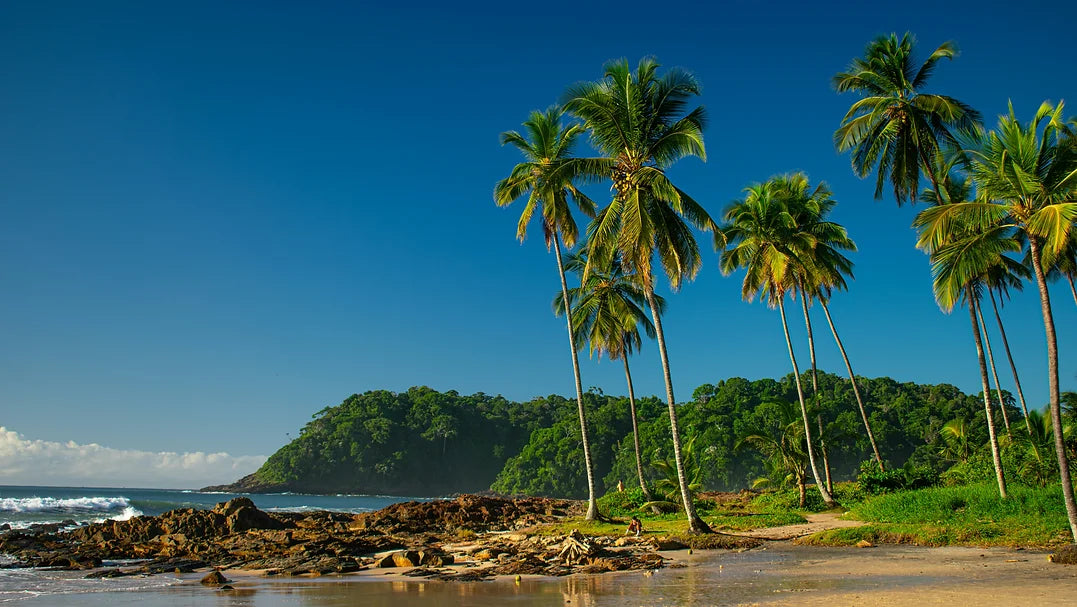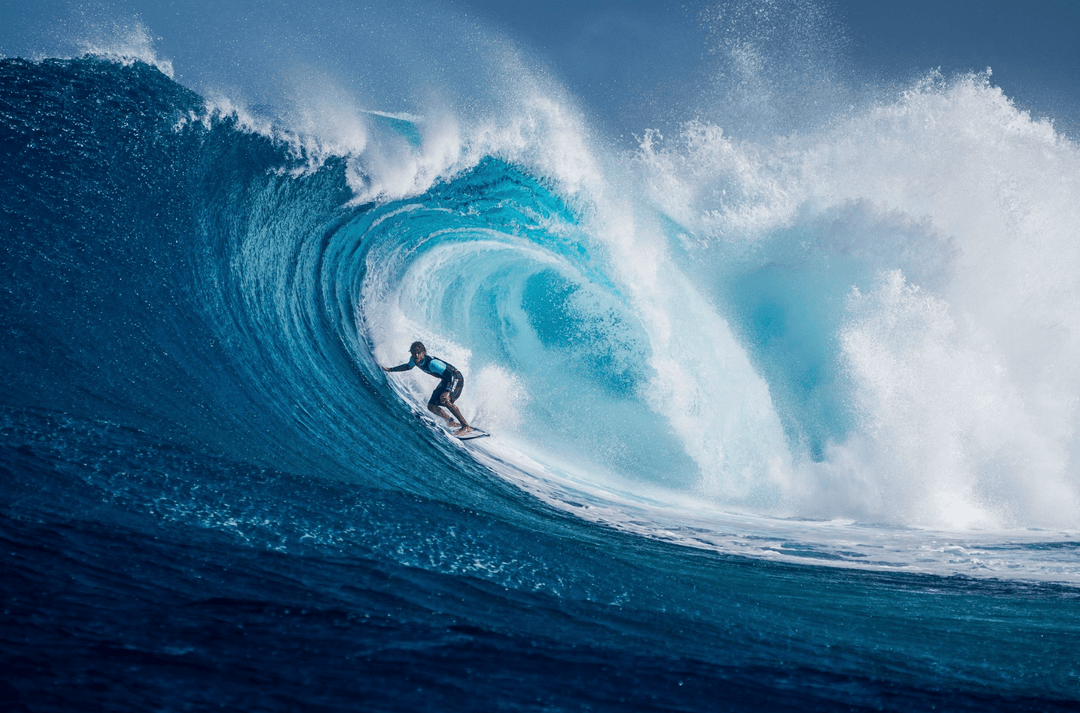Surfing in the sea vs surfing in parks.
Why Natural Surfing Remains Unsurpassed
Surfing, one of the oldest and most fascinating water sports, has its origins in the deep relationship between man and the sea. In today's world, when technological advances enable the creation of artificial surfing environments, the question arises: Can surfing in artificial facilities replace traditional ocean surfing? This article argues that despite the advantages of artificial facilities, ocean surfing remains an irreplaceable experience characterized by its uniqueness, challenges and deep connection with nature.

The uniqueness of ocean waves Every wave in the ocean is a unique natural phenomenon, shaped by wind, tides and seabed. These forces of nature create an infinite variety of waves that vary in shape, size and power. In contrast, man-made structures provide consistency but cannot replicate the spontaneous and dynamic nature of the sea. This unpredictability of the sea not only challenges surfers physically but also mentally, fostering a deep connection to the natural world.
The challenge and reward Ocean surfing is not just a sport, but an art that requires patience, respect and humility towards the forces of nature. Reading the waves, understanding currents, and adapting to changing conditions are skills that can only be acquired through ocean experience. These challenges build character and strengthen surfers' determination. The triumph of mastering a difficult ocean wave offers a reward difficult to find in artificial environments.
The connection to nature and environmental awareness Surfing in the sea conveys a deep environmental awareness. Direct interaction with the ocean allows surfers to experience the beauty and fragility of the maritime ecosystem. This experience promotes awareness of environmental protection and sustainable action. Man-made facilities, although they can be environmentally friendly in some aspects, disconnect surfers from this natural connection and the sense of responsibility that comes with it.
The social and cultural significance of ocean surfing is deeply rooted in many cultures, particularly in coastal communities. It is a legacy that connects generations and shapes communities. This cultural dimension is often lost in artificial facilities. Additionally, surfing in the ocean creates a sense of community among surfers who support and respect each other in the size and unpredictability of the ocean.
With its unique connection to nature, its challenges and its cultural significance, sea surfing offers an experience that cannot be replaced by artificial facilities. While these facilities have their advantages and are valuable for training purposes and access to the sport, the magic and depth of ocean surfing remains unsurpassed. Ultimately, it is this unparalleled connection between surfer, wave and nature that lies at the heart of surfing and makes it an irreplaceable way of life.






